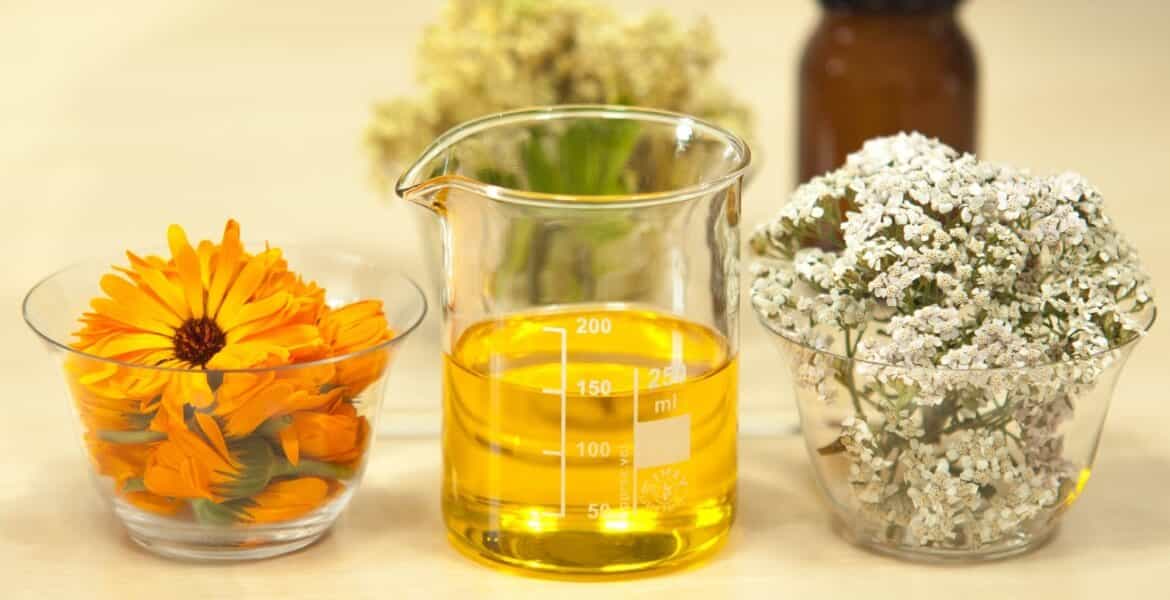Should I dilute my essential oils? It is a question often asked. And the issue of diluting essential oils is the source of much confusion.
I meet many people who think you always need to dilute essential oils for every use no matter what. As well as others who don’t ever consider diluting essential oils.
Diluting essential oils is something you may have heard about. But when and how should you do this?
Essential oils are extremely concentrated natural substances. Dilution is an important consideration to ensure that we are using them safely and effectively. It also helps to make sure we are not wasting them.
When people talk about diluting essential oils they are usually talking about diluting them into a carrier oil such as grapeseed or sweet almond. However strictly speaking there are many uses where we are technically diluting the oil, although no carrier oil comes into equation at all. For example, when you inhale an essential oil (even from a bottle) you are technically breathing in a diluted essential oil as the essential oil molecules mix with the air that you breathe in.
However for the purposes of this blog post, I am going to look specifically at the practice of diluting essential oils in a carrier oil.
Principles of Diluting Essential Oils
The most important use when we need to consider diluting essential oils in a carrier oil is when we are applying essential oils to the skin.
We use vegetable carrier oils for this as essential oils are oil soluble.
Essential oils in their concentrated form can cause irritation or damage to the skin. But when we dilute the essential oils in a carrier oil, this will greatly reduce the risk of damage or of an adverse reaction. Adverse reactions do not always occur on the first use. For some essential oils, they may do so. But damage or sensitisation may occur over time with repeated neat use. Even when using the “safer” essential oils.
Diluting an essential oil in a carrier oil also helps absorption into the skin. The carrier oil helps to hold the essential oil on the skin surface for longer, rather than evaporating into the air.
Despite the fact that we call them “oils”, essential oils are not “oily”. So they do not have the slip required for massage. Vegetable oils provide the lubrication required for effective massage.
Diluting the essential oil is more economic as you use less essential oil this way. Remember, essential oils are very concentrated, and you usually don’t need to use much. Diluting the essential oil makes it easier to get the correct dosage.
The amount you dilute your essential oil is also important – making sure you dilute sufficiently for the purpose for which you are using them.
We normally recommend a dilution rate for massage for a normal healthy adult of 2-3%. This equates to 4-6 drops essential oil in every 10ml of carrier oil.
You can vary this amount up or down due to a number of factors, including –
- who the essential oil is for. For example blends for the elderly, children, or those with sensitivities or allergies will necessitate a more diluted blend
- how often the blend is to be used. For example, a mix for everyday use should be more dilute than something used once a week.
- the area the oil is to be applied to. Blends for the face will usually require more dilution than those for the body.
Remember that essential oils are very concentrated. Diluting them appropriately helps them to work better and be better for you.




